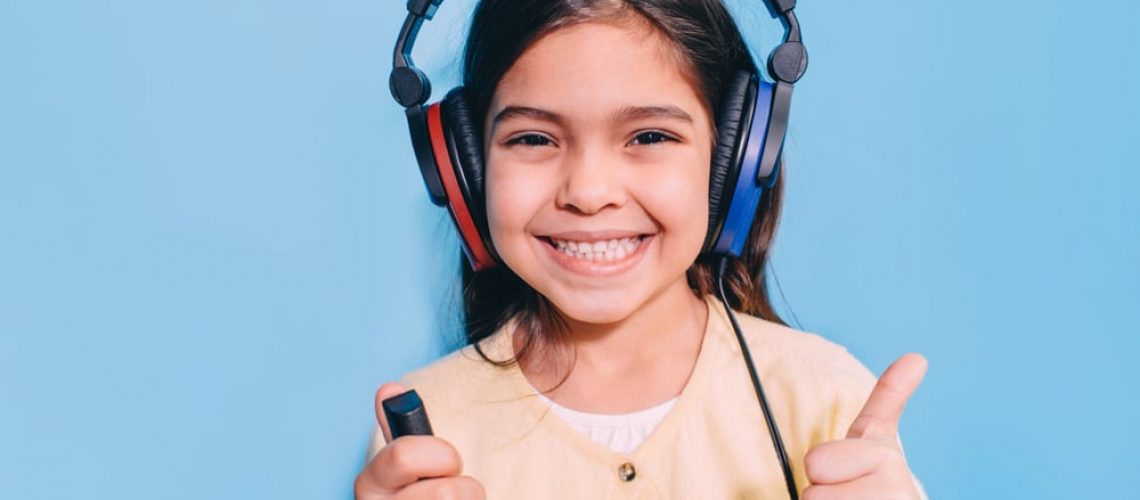Most people when they think of hearing loss, associate it with their older relatives who need hearing aids as their hearing degrades gradually through the years. However, there are many other types of hearing loss besides age-related hearing loss, some of which can silently or suddenly affect children.
Regular hearing tests, especially early in life, are essential to understanding your child’s hearing health and taking the right steps to support it if necessary.
What are Pediatric Hearing Assessments?
Hearing assessments at any age consist of an array of tests such as audiograms, physical examination of the ears, and other hearing tests that reveal your child’s hearing ability. We tailor pediatric hearing tests to make it more comfortable and easier for a child to communicate their experience no matter how old they are.
All our hearing assessments are performed using our H.E.A.R. Method™ to fully understand how the brain is hearing sound. Our proprietary treatment process is focused on the most accurate diagnosis of your or your loved ones’ hearing ability to ensure you get the right solution that fits your family and daily lifestyle. When it comes to children’s hearing health, nothing is more important than an early, accurate diagnosis, which is why we take such special care at the Hearing Doctors of New Jersey.
Signs of Pediatric Hearing Loss
Young children often don’t have the language or awareness of hearing loss to describe their internal environment. Symptoms of hearing loss look different at different ages. For example, signs of hearing loss shortly after birth include:
- Not reacting to a parent’s voice
- Not being startled by loud noises
- Not turning to face toward sounds
- Not trying to make their own sounds by a year old
As children grow, their hearing can change even if it starts out normally. For older kids, hearing loss symptoms can include:
- Trouble understanding conversations in loud environments
- Not responding when called by their name
- Complaints of ringing or other tinnitus symptoms
- Listening to music or other media at a louder-than-normal volume
Treating Hearing Loss in Children
Hearing loss can be conductive or sensorineural (or both). Conductive hearing loss is due to sound not reaching the organs of the inner ear due to a physical issue like an ear infection, fluid buildup, or blockage in the outer ear. This is usually easily treatable with antibiotics or removal of ear wax, for example.
Sensorineural hearing loss is another type of hearing loss. Depending on the diagnosis we come up with during a child’s hearing test, there are multiple forms of treatment available. Most commonly, the treatment for mild to moderate hearing loss is a well-fitted, child-friendly hearing aid. With our proprietary H.E.A.R. Method™, through testing we find the customized hearing solution for your child. Once your child is hearing well, we make sure to schedule regular appointments to monitor their hearing and ensure your child continues to hear to their fullest potential.
Comprehensive Hearing Care For Children in New Jersey
Regular hearing tests throughout your child’s early life are essential for their hearing and overall health and well-being because hearing well means living and growing well. In many situations, kids aren’t able to express their own hearing ability until far after it’s begun affecting their development, which is why we use proactive methods to fully see an accurate picture of their hearing ability. Start your child’s comfortable and comprehensive hearing health evaluation by calling our offices or contacting us online today.
To learn more about hearing loss and hearing aids, download our FREE Insider’s Guide on how to finally hear better.



